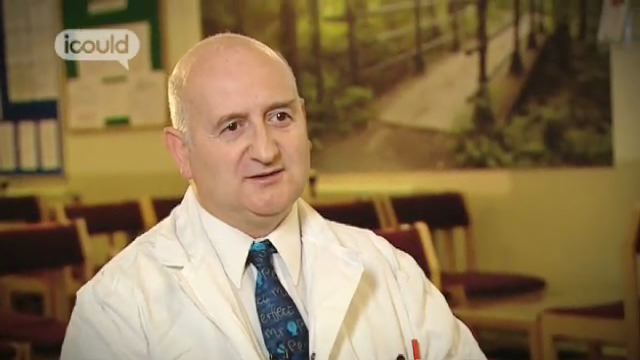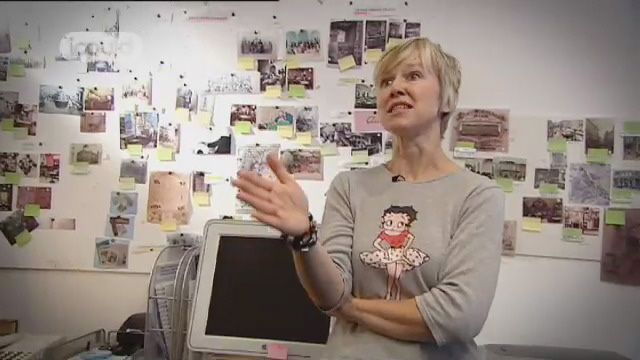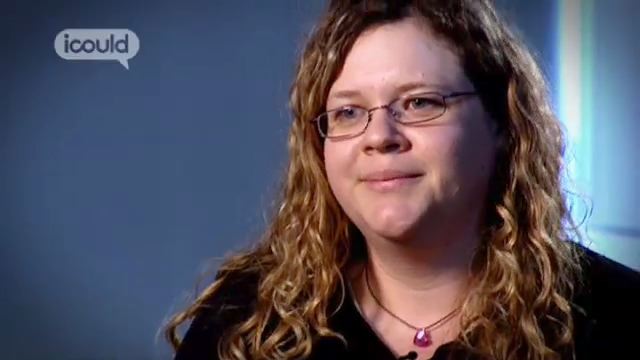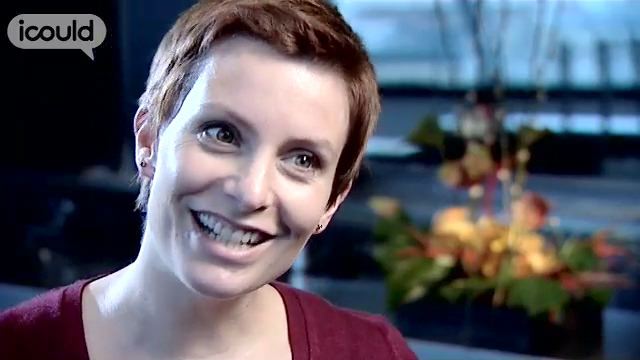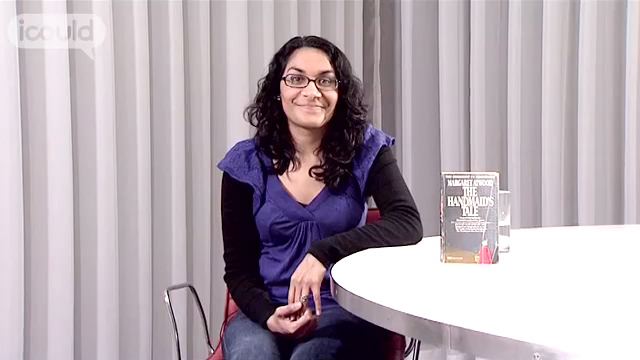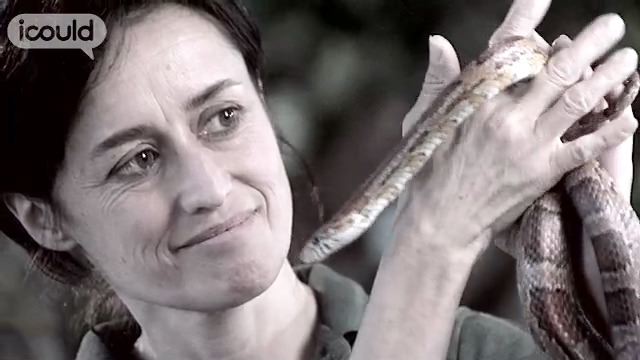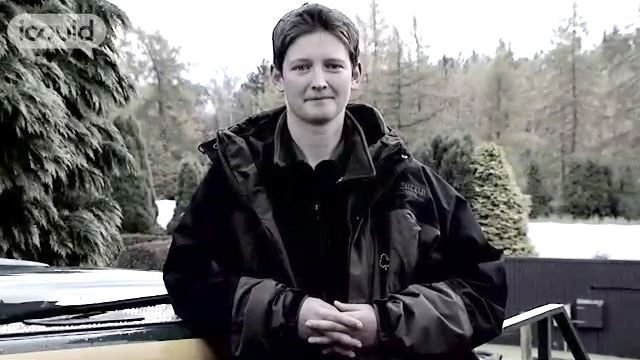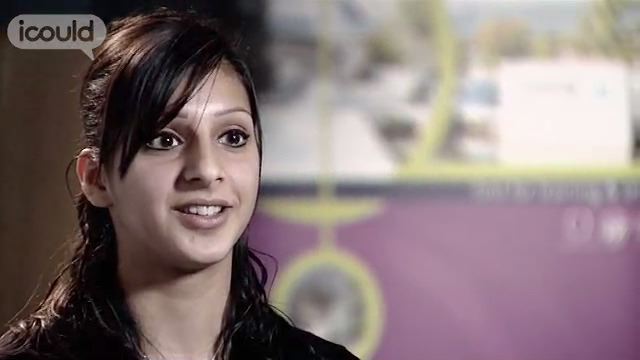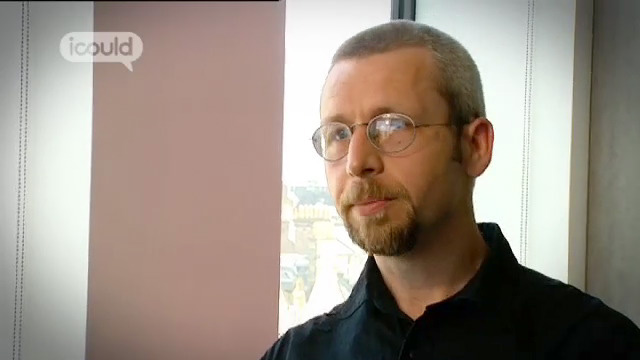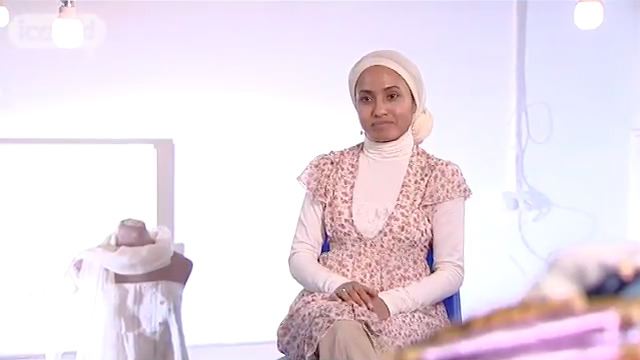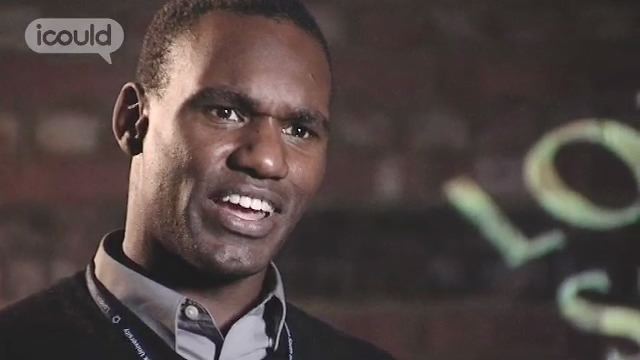PhD Student: gender violence in ethnic communities
University of London
Rupa R
0:00:02 My name is Rupa R and I’m a third year doctoral student, PhD student, at the School of Oriental and African Studies, which is part of University of London. My doctoral research is about gender violence within ethnic minority communities in the UK, so looking at honour based violence and the legal approach to those types of crimes and the effect of the legal approach on, on helping victims and survivors.
00:00:32 I first started to get interested in women’s rights and human rights in general, when I was about 14 or 15. Every school year you would choose a charity to sponsor and then you would do various events and so on, throughout, to raise money to give to that charity. And in my fourth year, I think it was, we did a class on a domestic violence charity, a local domestic violence refuge, actually.
00:00:55 So, I immediately realized I was interested in this, so I organised and wrote, you know, the assembly and sort of led the delivery of it to the school and so on, and I just got very interested in it and realized it was something I felt very passionately about, wanting to do something about.
00:01:14 I actually applied for law and for half law courses and half anthropology courses, when I applied to go to university. But, you know, my parents, I mean they didn’t…they wouldn’t have, you know, really done or said anything if I had chosen anthropology; but they sort of encouraged me in other… you know, the general sort of feeling that you get around you, is that law is a more steady, kind of, you know, option and to be honest with you, I hated it to begin with, probably for the first couple of years. But actually it proved quite useful because, if you pick the right subjects and if you look at it from the right angle, law is about helping people and about people’s rights and so on.
00:01:51 I had decided early on that I wasn’t going to try and apply for a training contract with a law firm or anything like that. So, I decided, you know, I didn’t want to do it; it wasn’t something that I wanted to do and would be very good at. And, you know, at the back of mind was always this, this thing of, you know, I know what…I knew what I was interested in, I wanted to work in human rights, or women’s rights and so then, after that, I went and did my Masters, which is in Human Rights Law; and I also did various, sort of, voluntary work with different human rights organisations.
00:02:21 So, yeah, I guess you could say that it’s sort of been leading towards this, but more towards…I always thought I would work in a more practicable way.
00:02:31 Getting a distinction in my Masters was a real turning point for me. I’d, I’d kind of not achieved what everyone had always predicted for me before that, so my ‘A’ levels, you know, I didn’t quite get the grades I was predicted. The same with my Undergraduate Degree, it was all a bit disappointing really.
00:02:47 It made me realize that when I was interested in something, and really engaged in something, and felt that I was working towards something which would, sort of, be helpful towards other people and sort of useful, that’s when I could really excel. So I suppose that’s why that was quite a major turning point, because that’s when I realised, you know, where my abilities lay and how then to, sort of, get the best out of myself.
00:03:13 I think I’ve always been a bit of a feminist, to be honest with you, even when I was too young to, sort of, articulate it, but just sort of seeing the unfairness of, of…if women are treated differently to men or, you know, or if certain groups of people are treated unfairly. I’ve always found that it made me really angry and wanted to do something about it.
00:03:35 Well I’d like to stay within research that could mean either trying to take a position at the university where I could do some teaching, some of my own research, and then also some activism with non-governmental organisations working on these issues. Or else I would like to probably go into working with one of those organisations and, sort of, making a lot more of a practical contribution to research on, you know, gender violence and protecting victims and survivors and so on.
ENDS
Rupa R is a PhD student at the School of Oriental and African Studies, University of London. She is studying gender violence in ethnic communities. She hopes her PhD will allow her to continue University research or work in organisations that make a practical contribution to protecting victims and survivors of gender violence.
More information about Teaching professionals n.e.c.
The UK average salary is £29,813
There are 37.5 hours in the average working week
The UK workforce is 47% female and 53% male
Future employment
- Designs and implements methods of assessing the performance of students, co-ordinates and undertakes the evaluation of assessments and awards grades of merit based upon performance
- Manages/owns and teaches in private drama, music and dancing schools, training centres and similar establishments
- Provides private academic, vocational and other instruction to individuals or groups
